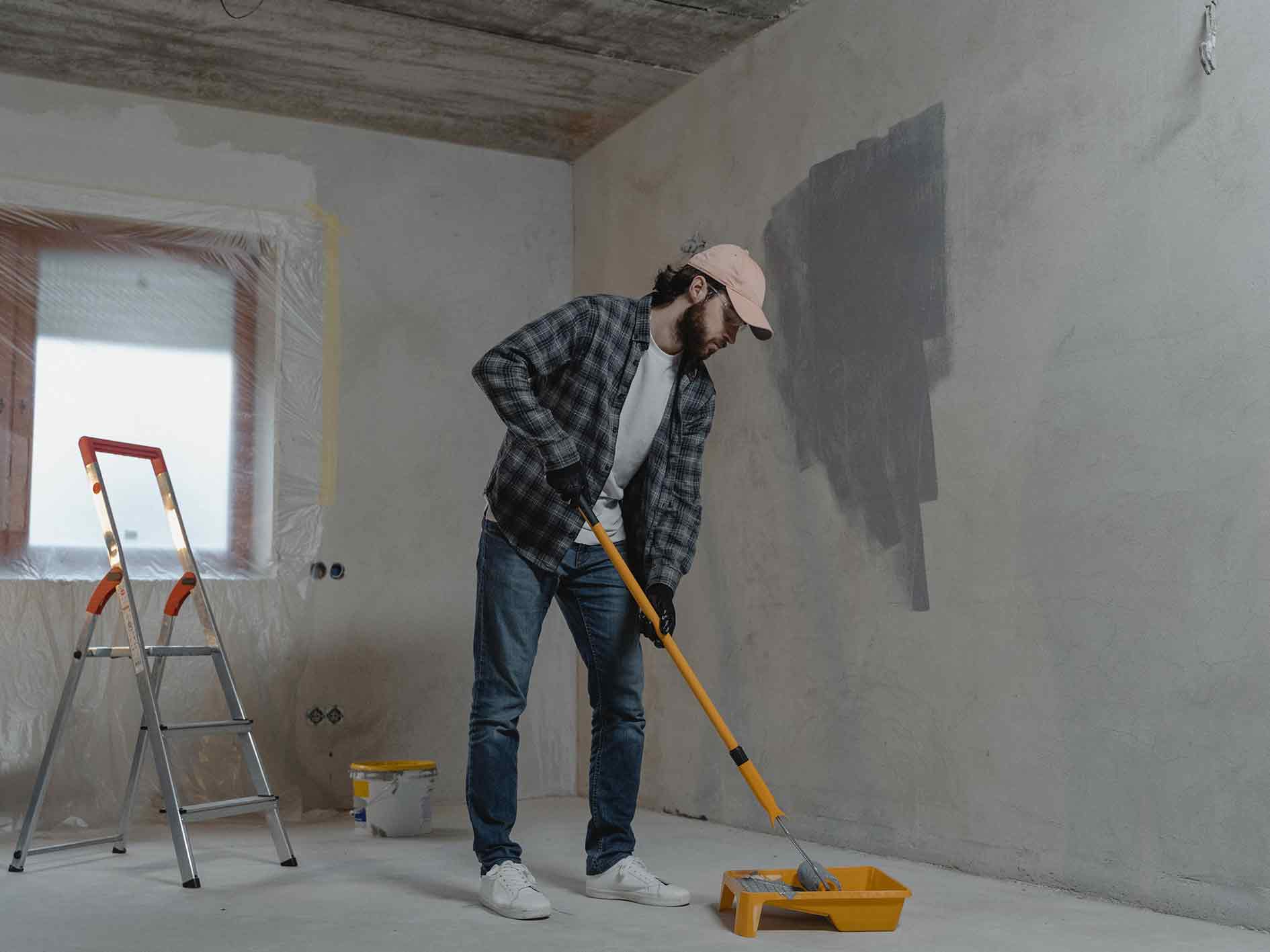When a commercial premise is being rented, both the landlord and tenant hold responsibility for certain parts of it. Whilst trading in the space, you’ll need to know what is required of you legally when using the premises so that you can avoid any legal issues or misunderstandings with your landlord.
As a tenant, you’ll have some responsibilities by law and you’ll also have some that depend on what is in your Commercial Lease Agreement. There will also be commercial lease landlord responsibilities, so make sure you are clear on what is needed of you and what can be left to them to make sure that your time on the premises runs as smoothly as possible.
What is a commercial lease?
A commercial lease is a legally binding contract that agrees to the length of time for which you as a business will be permitted to use a commercial premise in exchange for payment to the landlord. When renting a commercial property, you’re expected to be using the premises for commercial activity only. Commercial properties can include shops, restaurants or even offices.
The lease will also include the rights and responsibilities you have when using the building and the responsibilities of the commercial landlord that will count whilst you conduct your business there. Some of the information you can expect to find in a Commercial Tenancy Agreement can include:
- The type of property being let
- The address of the property
- The lease term and whether it’s fixed-term or not
- The lease renewal date
- Break clause conditions
- The rent being charged and when it needs to be paid
- What type of business can be carried out at the property
- What will happen in the event of the tenant falling into rent arrears
- Who is responsible for any improvements to the building or property damage
- What are the provisions of the security deposit
You must be happy with the landlord and tenant responsibilities for the commercial premises laid out in your lease, as once you have agreed to them by signing the contract, you must respect the terms to avoid any legal issues.
What are the responsibilities of a commercial landlord?
As a business owner, it’s important to know both the landlord and tenant’s responsibility for commercial premises and what to expect from your landlord in terms of the safety and maintenance of the premises where you work.
As there isn’t a one-size fits all template, commercial leases can vary and landlord’s responsibilities can vary also. Therefore, to find out your landlord’s exact responsibilities you will need to check the terms and conditions of your commercial lease. Your landlord may have passed some of their responsibilities onto you as the tenant so be careful not to skip this step.
A commercial landlord is expected to take action and carry out certain safety checks and repairs. These could concern the management of gas, fire and electrical safety, protection from asbestos, keeping the premises in a good state of repair and making sure the property has the legal minimum energy performance rating. The landlord will also usually take out commercial property insurance and will provide financial security if the building is damaged.
It’s important to check your commercial lease obligations and be aware of exactly what your landlord’s responsibilities are. This will ensure if any issues regarding safety or maintenance crop up, you’ll know your rights as a tenant.
What are the responsibilities of a commercial tenant?
As the tenant of a commercial property, you and your business will be responsible for certain parts of the premises. Primarily, it is the tenant’s responsibility to manage the upkeep of the property and the safety of the people that work there. Remember to check your lease to determine the specific landlord and tenant responsibilities for your commercial premises.
First of all, you must carry out a health and safety risk assessment of the property to identify and remove (or depending on your commercial lease, get your landlord to remove) any hazards from the workplace to do with fire, gas, electrics or asbestos.
You’re also responsible for providing a reasonable temperature, enough space, ventilation and lighting, toilets, washing facilities, drinking water and safe equipment for the people who work at the property.
As a commercial tenant, you’re sometimes responsible for certain maintenance and repair issues called ‘dilapidations’, which will be stated in your commercial lease. In any case, you’re expected to leave the property in the state it was found in when you first rented it.
After checking your lease, make sure to notify your landlord of any health and safety issues or maintenance issues that are their responsibility.
Before signing on the dotted line…
Before signing on the dotted line, seek the advice of our seasoned commercial property solicitors. Just like your counterparty, ensure you have a dedicated lawyer in your corner, advocating for your best interests.
Get legal assistance from LawBite
When it comes to renting a commercial premise, understanding your rights and responsibilities as a tenant is crucial to avoid any legal issues or misunderstandings with your landlord. As you embark on this journey, LawBite is here to be your trusted partner, offering expert legal services tailored to your commercial property needs.
Our experienced commercial property solicitors will guide you through the complexities of Commercial Lease Agreements, ensuring that you fully comprehend your rights and obligations. We understand that each lease is unique, and we'll diligently review the terms and conditions to safeguard your interests.
Whether you're a landlord or tenant, our team will ensure that your Commercial Lease Agreement includes all relevant information, from lease terms and rent payment schedules to safety measures and maintenance responsibilities. With LawBite by your side, you can proceed with confidence, knowing that your business is protected and compliant.
To speak to one of our expert commercial property lawyers, book a free 15 minute consultation or call us on 020 3808 8314.



